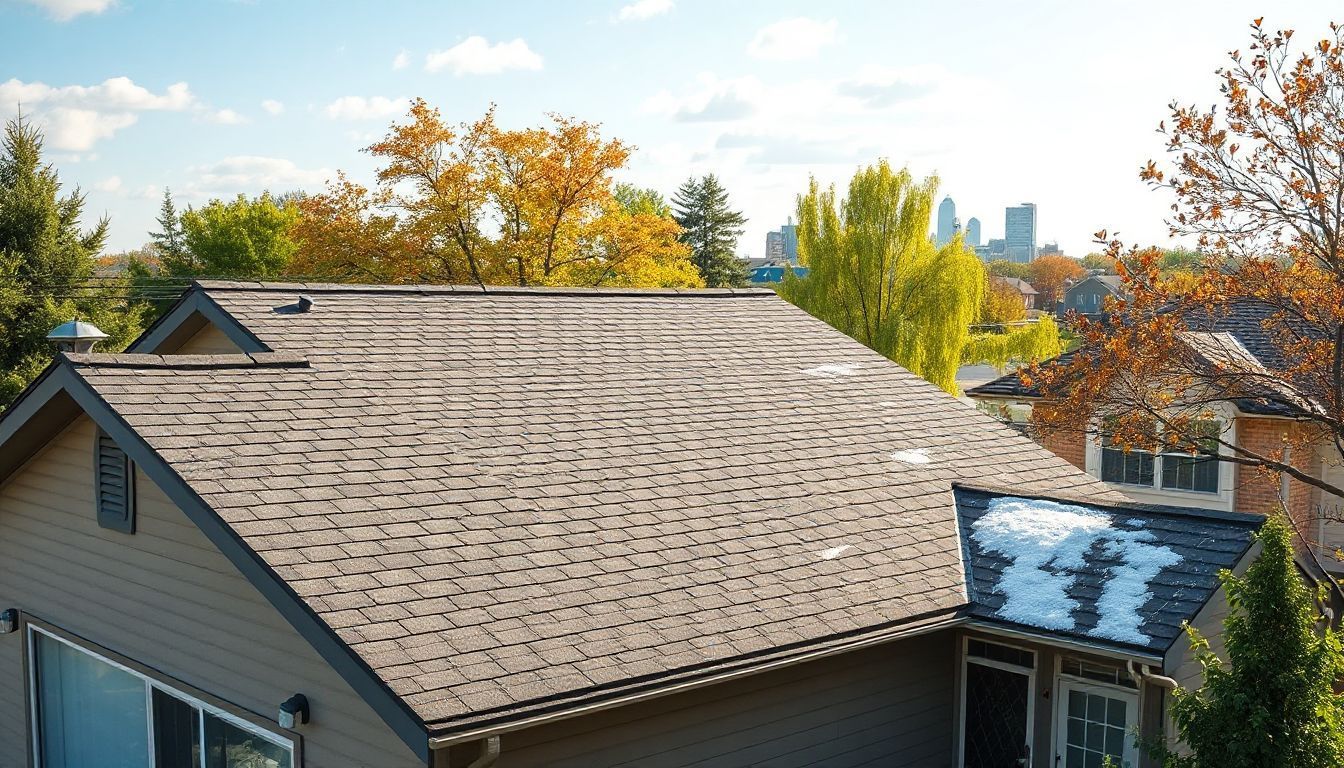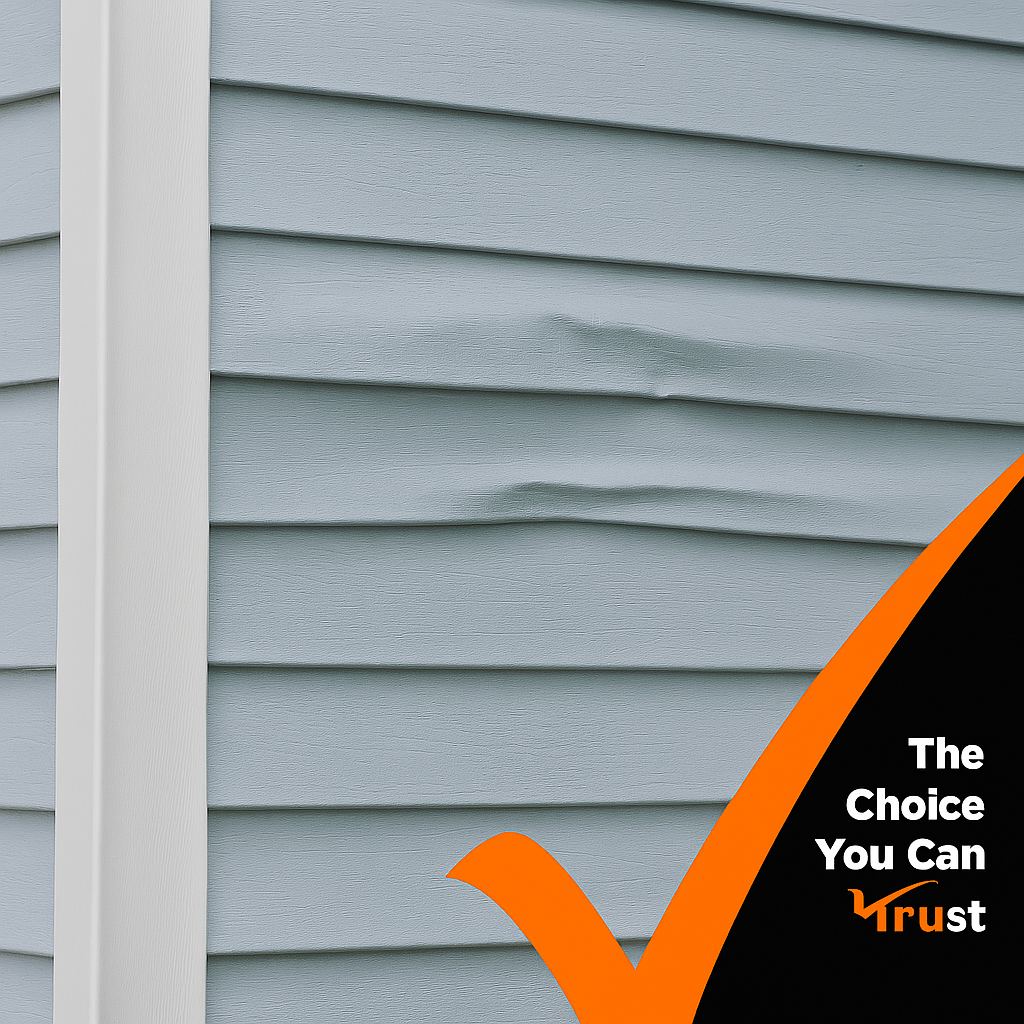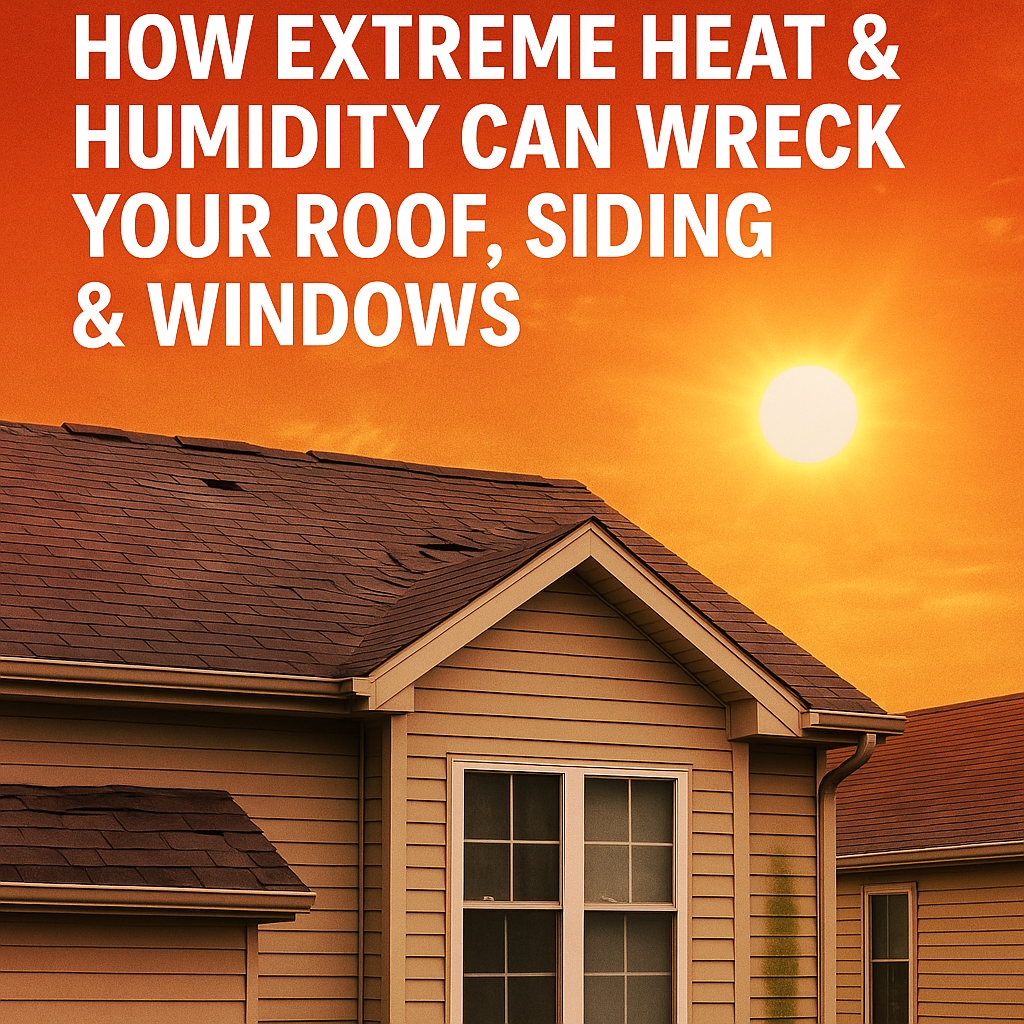The Ultimate Guide To Choosing the Right Home Siding Material
Introduction:
When it comes to enhancing the curb appeal and protecting your home, choosing the right siding material is a crucial decision. With a plethora of options available, including vinyl, wood, and fiber cement, navigating the world of home siding materials can be overwhelming. In this comprehensive guide, we'll break down the popular siding choices, discuss their pros and cons, and provide valuable insights into durability, maintenance, and cost.
Vinyl Siding:
Vinyl siding has become a popular choice for homeowners due to its versatility and cost-effectiveness. Available in a wide range of colors and styles, vinyl offers a low-maintenance solution that is resistant to fading, rot, and insect damage. Its affordability makes it an attractive option for budget-conscious individuals. However, some drawbacks include its susceptibility to cracking in extreme weather conditions and its limited insulation properties.
Pros:
- Variety of colors and styles
- Low maintenance
- Affordable
Cons:
- Prone to cracking in extreme weather
- Limited insulation properties
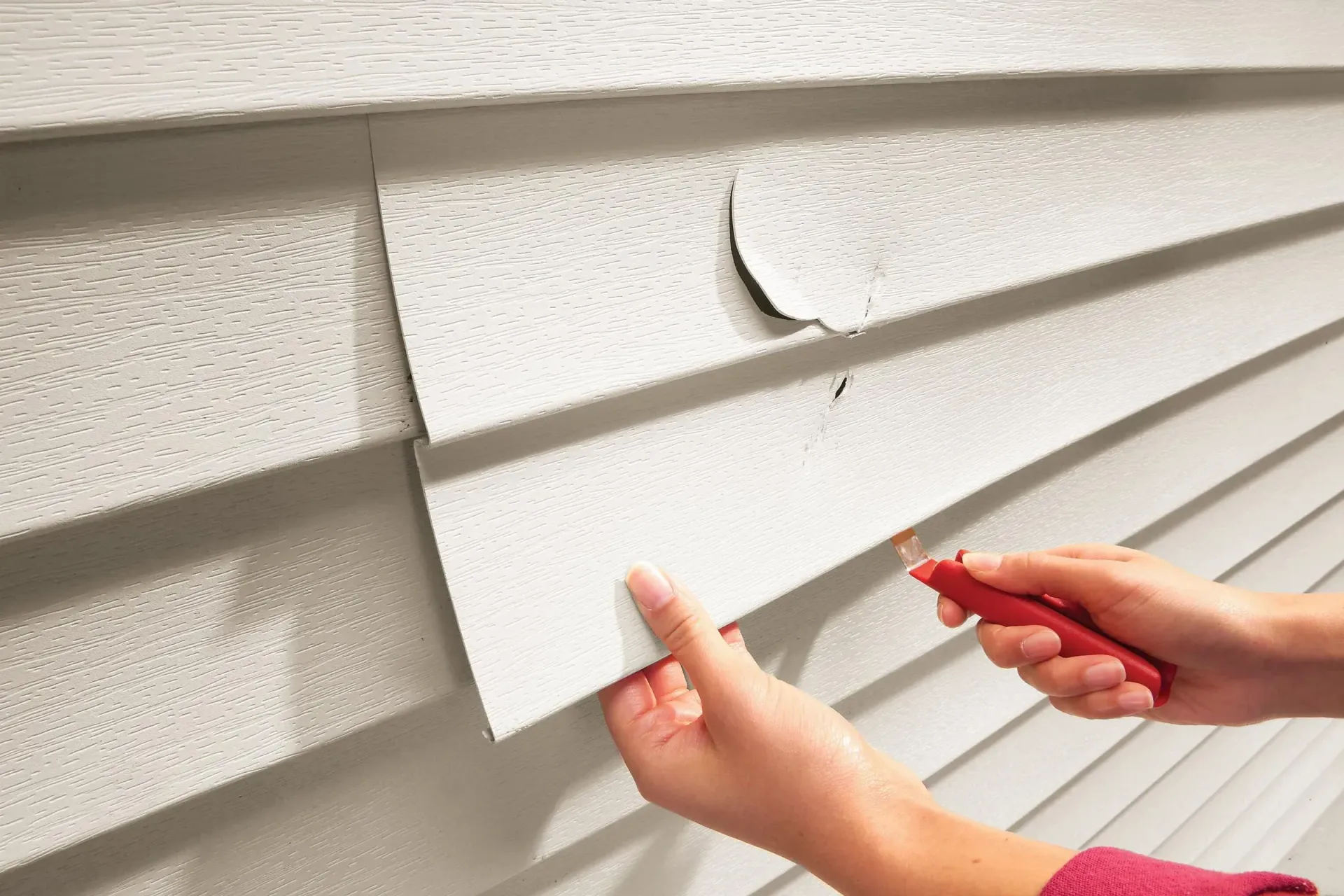
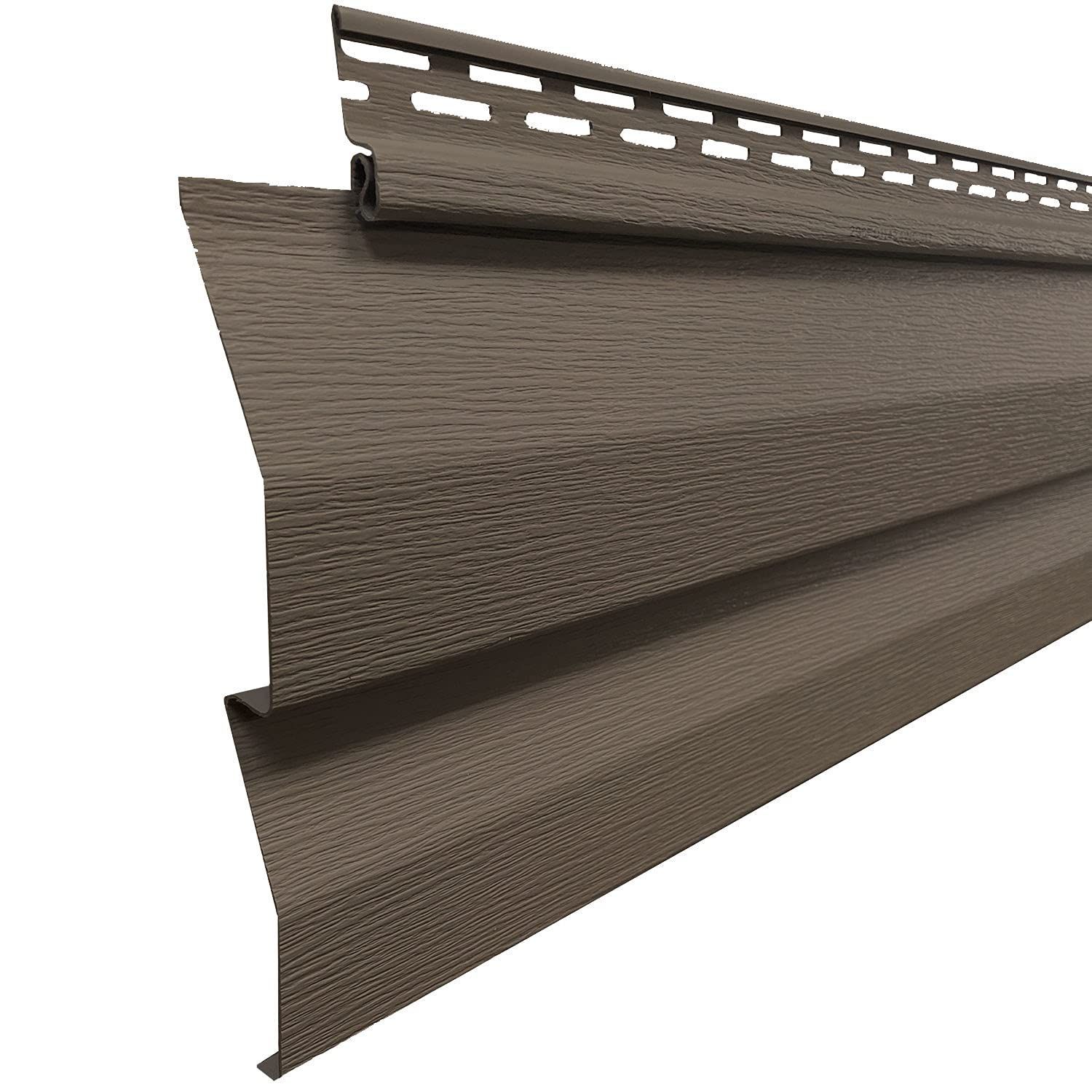
Wood Siding:
For those seeking a classic and timeless look, wood siding remains a popular choice. Wood exudes natural beauty and can be customized to suit various architectural styles. While cedar and redwood are naturally resistant to insects and decay, wood siding does require regular maintenance to prevent rot and warping. The initial cost may be higher, but the aesthetic appeal often justifies the investment.
Pros:
- Classic and timeless look
- Natural beauty
- Customizable
Cons:
- Requires regular maintenance
- Susceptible to rot and warping
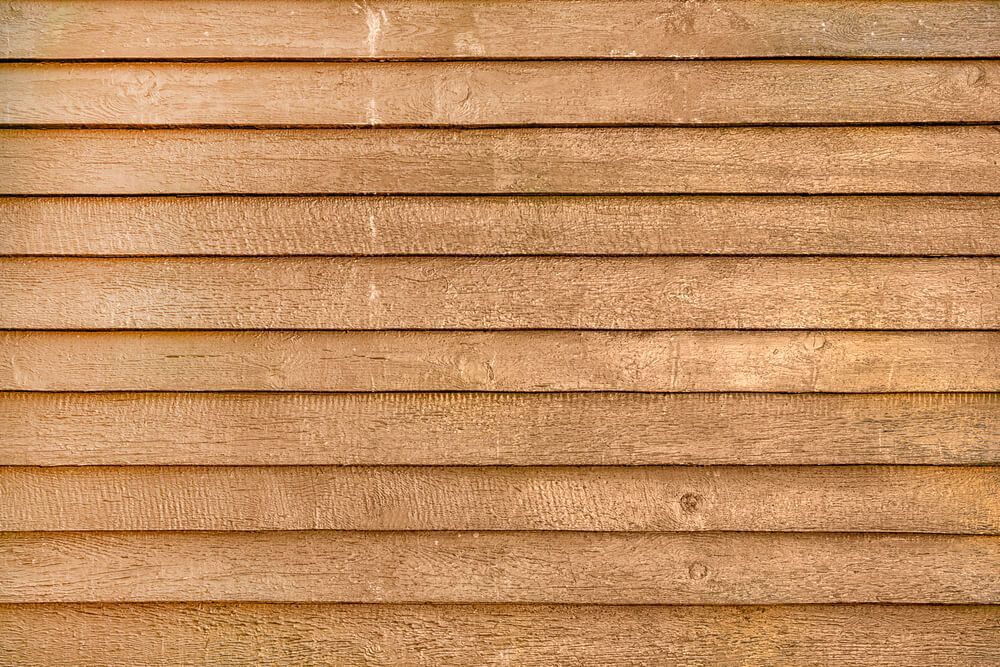
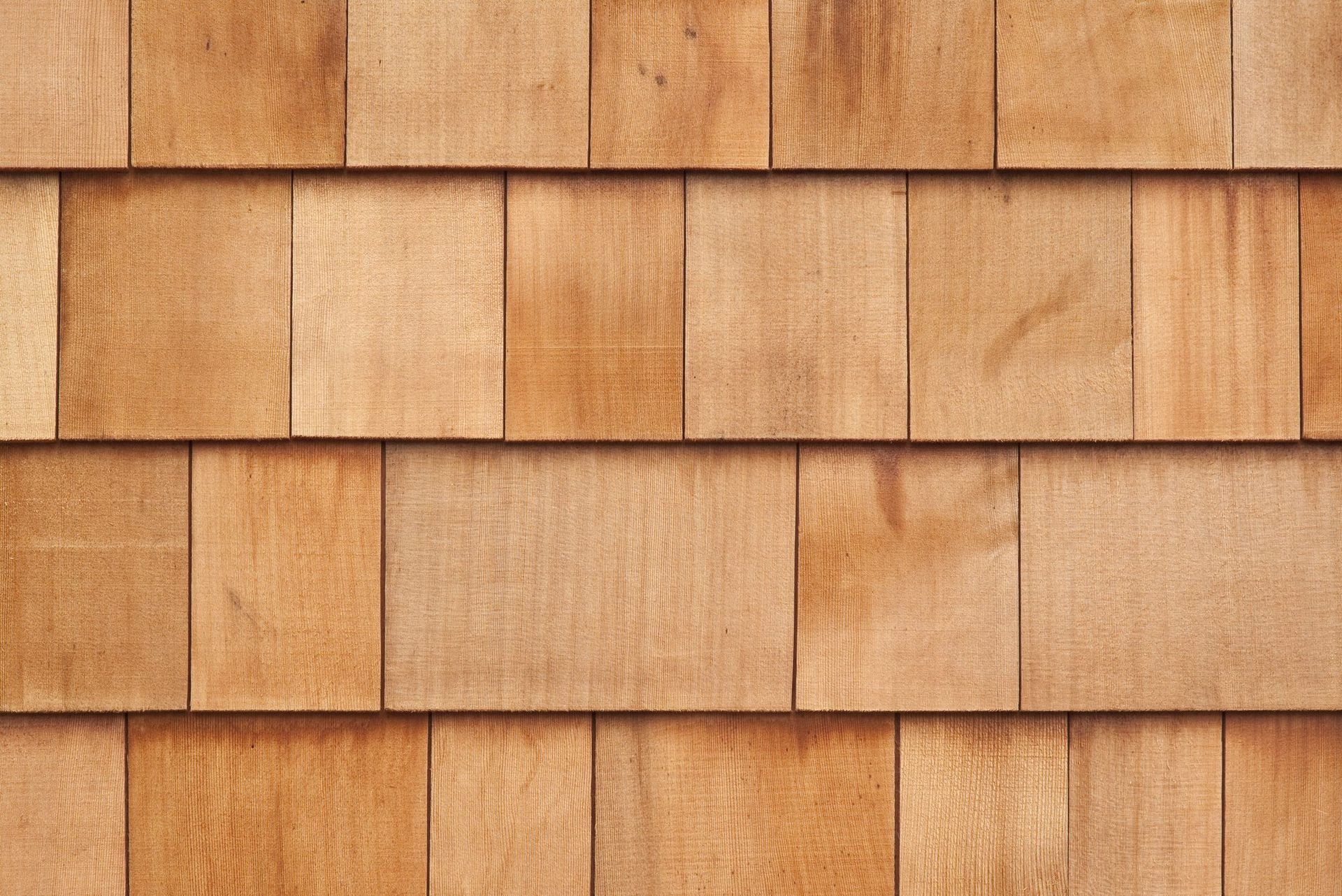
Fiber Cement Siding:
Fiber cement siding combines the aesthetics of wood with the durability of cement. Composed of cement, sand, and cellulose fibers, this material is resistant to insects, rot, and fire. Fiber cement siding comes in a variety of styles, including those that mimic the appearance of wood. While it requires less maintenance than wood, it is heavier and may require professional installation.
Pros:
- Durable and resistant to insects, rot, and fire
- Various styles available
- Less maintenance than wood
Cons:
- Heavier and may require professional installation
- Higher initial cost
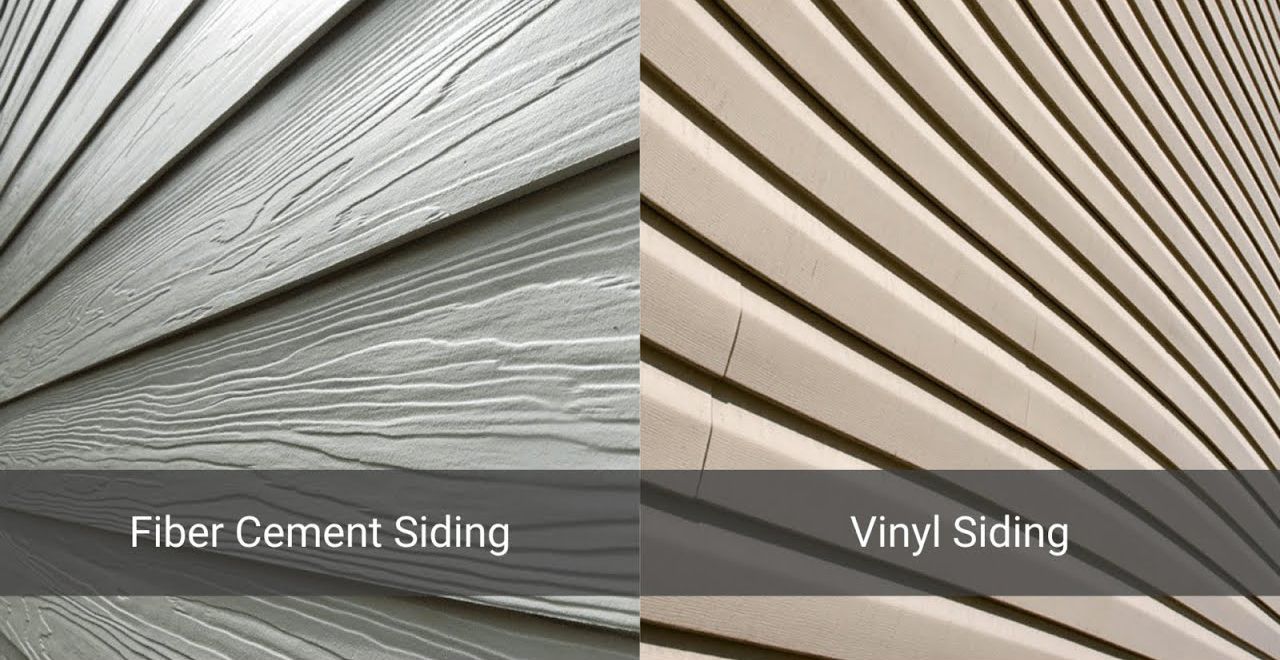
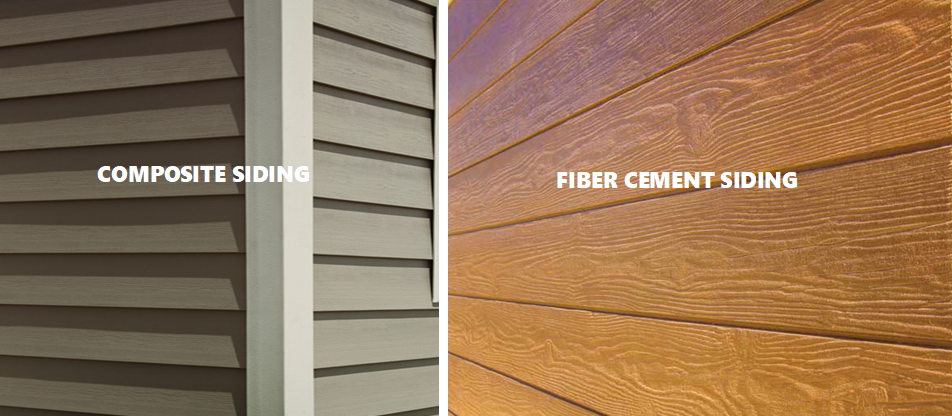
Metal Siding:
Metal siding, often made of aluminum or steel, is known for its durability and resistance to weather elements. It is a low-maintenance option that doesn't rot, warp, or attract insects. Metal siding can be painted in a variety of colors, providing homeowners with design flexibility. However, it may dent upon impact, and repairs can be challenging.
Pros:
- Durable and weather-resistant
- Low maintenance
- Design flexibility with paint options
Cons:
- Prone to denting
- Repairs can be challenging
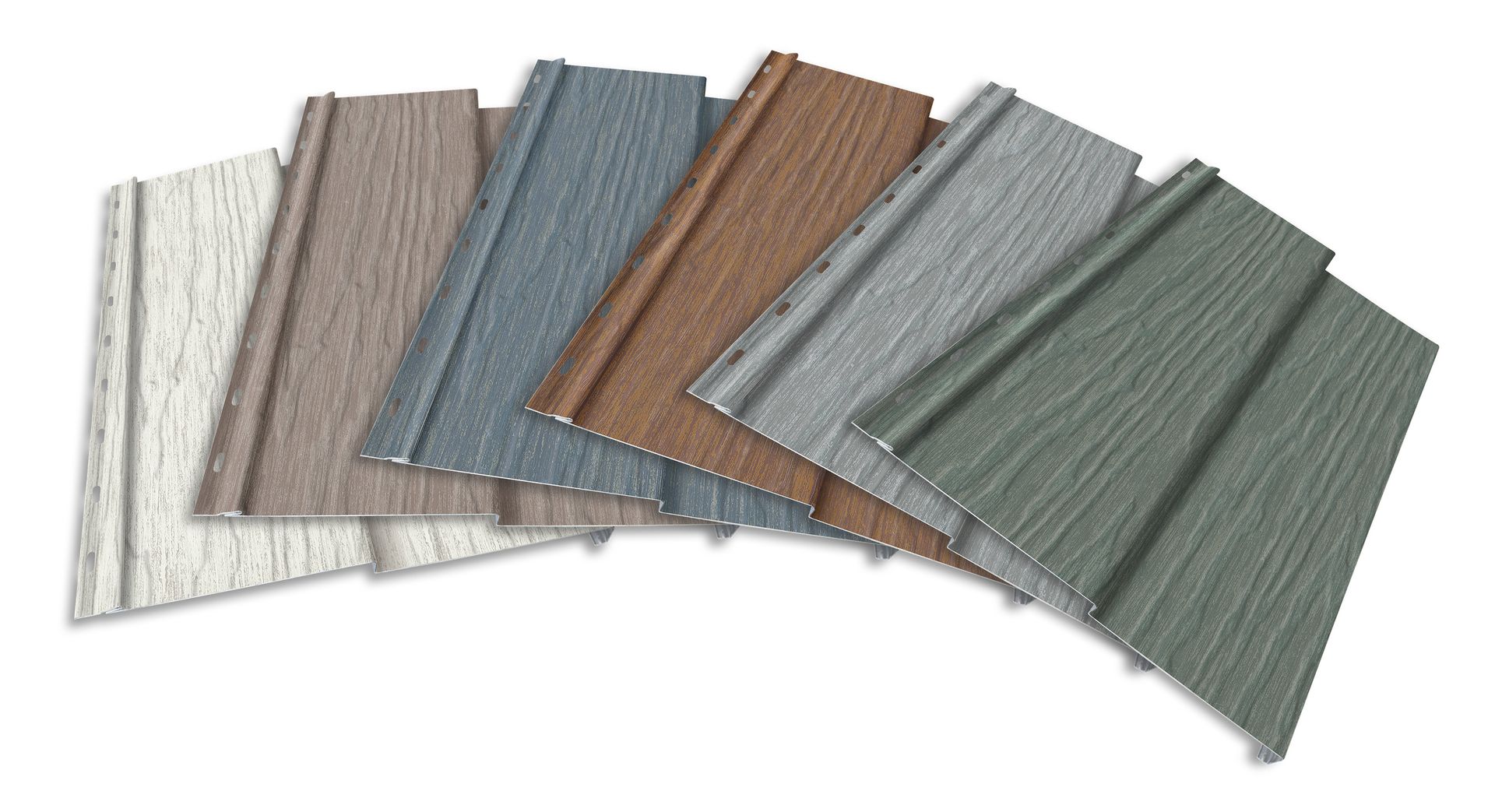
Conclusion:
Choosing the right siding material for your home involves considering factors such as aesthetic preferences, maintenance requirements, and budget constraints. Each material has its unique advantages and drawbacks, so it's essential to weigh them carefully. By understanding the pros and cons of popular siding materials like vinyl, wood, fiber cement, and metal, you can make an informed decision that aligns with your home's style and your long-term maintenance goals.



